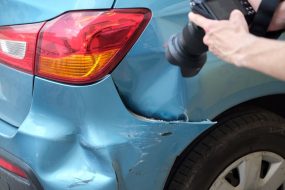Car Insurance
Choosing an auto insurance policy can get confusing, especially when you’re trying to decide how much coverage you really need. The best way to find affordable car insurance with the right coverage is to do your research first. In the Freeway Insurance Knowledge Center, you’ll find helpful articles for topics related to understanding auto insurance, buying auto insurance, saving money on auto insurance, high-risk auto insurance, and more. The more knowledge you have about auto insurance, the better equipped you’ll be to find coverage that fits your needs and budget. If you have questions such as, “How do I find cheap car insurance?”, “What is an SR-22?”, or “How much auto insurance coverage do I need?” you’ll find the answers here. Click on a topic to get started or select a category to browse more topics.








